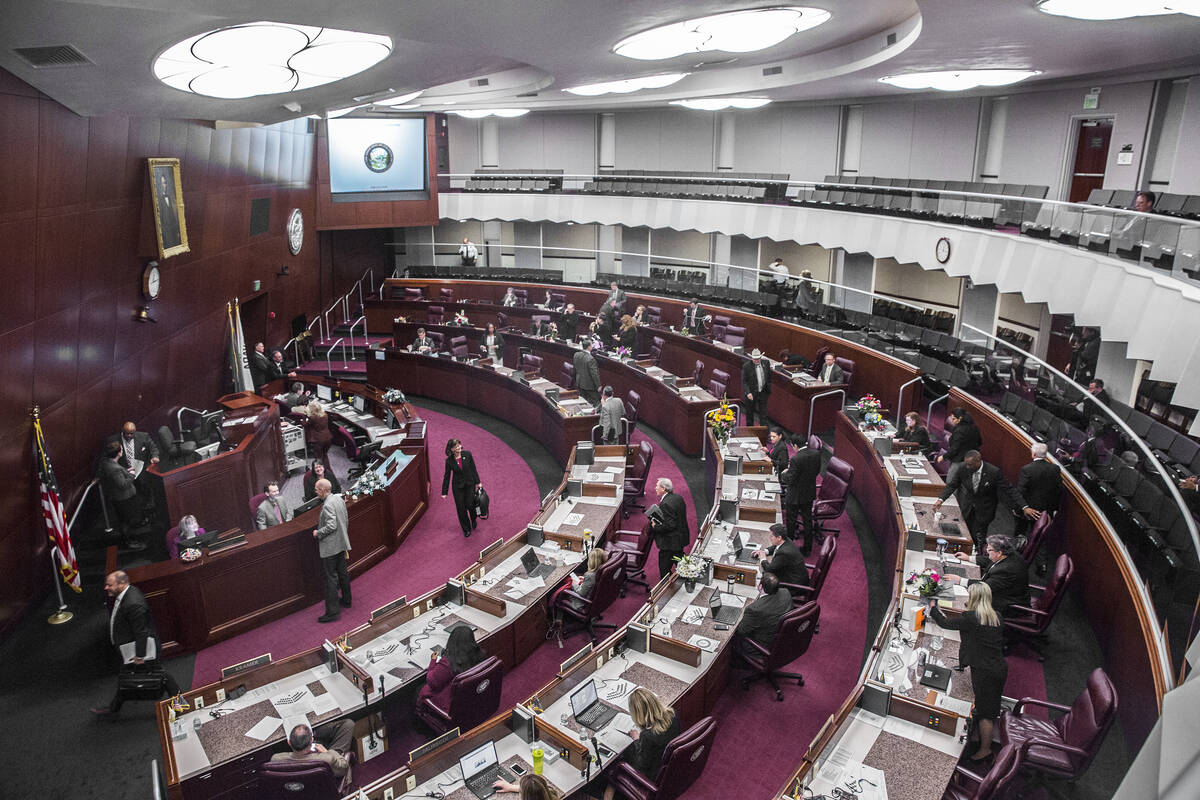EDITORIAL: ‘Not the best use of the state’s money’

A proposal to provide nearly $4 billion in subsidies to Hollywood moguls in an effort to bring more film production to Nevada died at the end of the 2023 legislative session. The bill’s sponsor, state Sen. Roberta Lange, a Las Vegas Democrat, has promised to offer a scaled-down version of her original legislation when lawmakers reconvene in February.
Sen. Lange and other proponents of the idea insist that the tax credits — to be doled out over two decades — will drive economic investment while turning Las Vegas into Tinseltown East. Yet most objective examinations of film tax credit programs in other states have shown them to be a colossal waste of money, often returning just pennies on the dollar — if not losing money altogether.
The benefits are consistently oversold by star-struck politicians parading under the banner of economic development.
Consider Massachusetts. Reason magazine reports that the state’s Department of Revenue this month released updated numbers for the 2021 tax year, during which the Bay State spent $73.3 million to lure film and TV production. The report revealed that $46.3 million — a whopping 63 percent of total expenditures — went to produce the Netflix film “Don’t Look Up.”
The movie, which had only a limited theatrical release, was a dark comedy spoofing climate change denialism. Its two stars were handsomely compensated, with Leonardo DiCaprio earning $30 million and Jennifer Lawrence taking home $25 million. “In other words,” Reason’s Joe Lancaster writes, “Massachusetts taxpayers covered more than 84 percent of the two stars’ salaries, or between 42 percent to 61 percent of the film’s entire budget.”
That news comes after the state’s Tax Expenditure Review Commission found in 2021 that the film tax credit program “has had no discernible impact beyond its one-time spending,” much of which happens outside of Massachusetts. The subsidies do “not contribute to the long run growth of the state’s economy. … We conclude that this is not the best use of the state’s money.”
Sen. Lange’s initial plan in 2023 dropped late in the session and never received a hearing. But she’s not discouraged. “It’s going to take time to educate people,” she said. “It took me a long time to really digest it and understand it. It’s creating a whole new business space in Nevada, and isn’t a small feat.”
But if Sen. Lange’s boosterism and enthusiasm is to carry the day next year, she had better start explaining why the vast majority of audits covering state tax credit programs have found no such impact, determining instead that they usually provide the taxpayers who pay for them with only “rotten tomatoes.” Why would Nevada be any different?